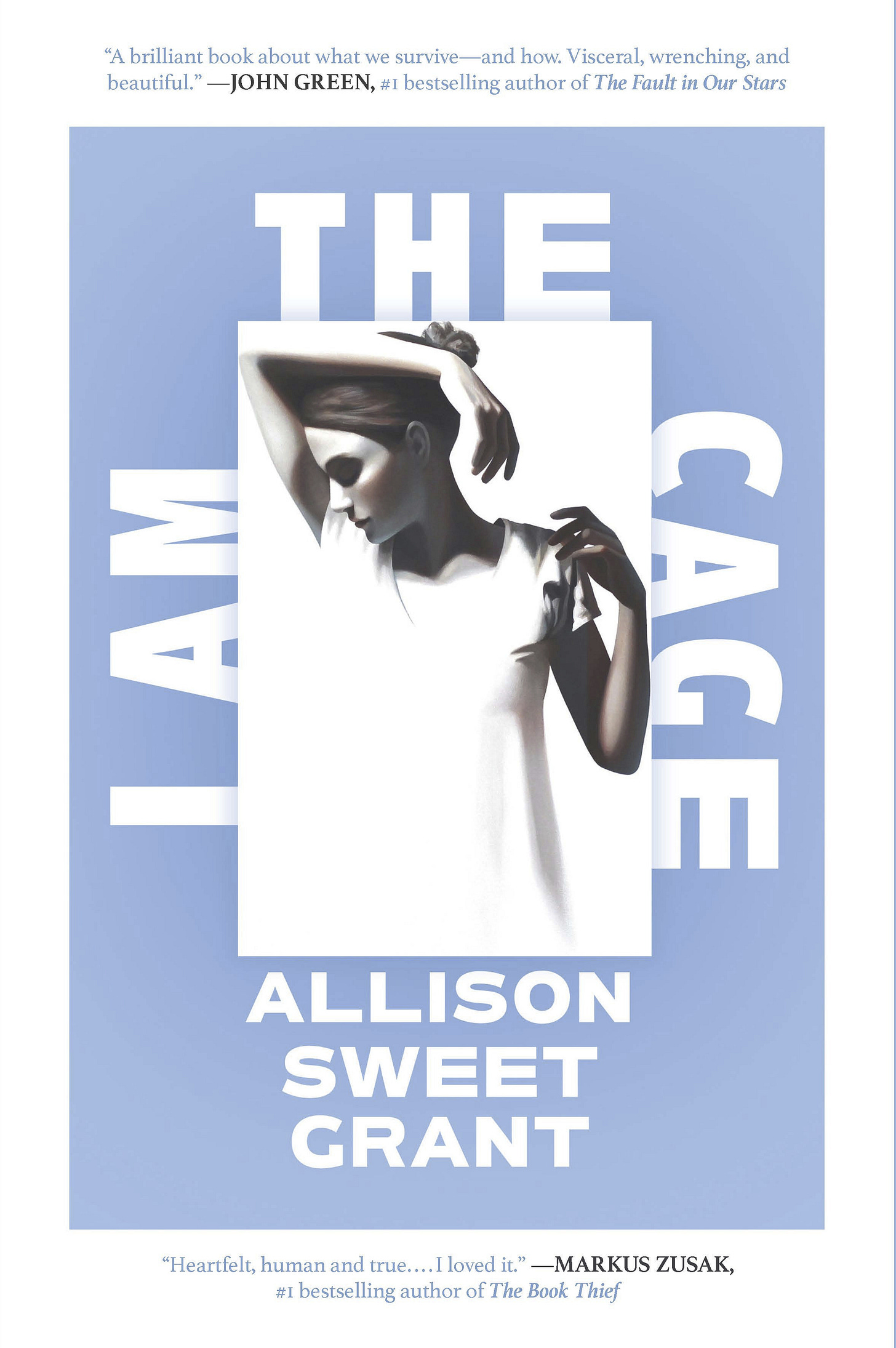The Case for Reading Fiction
Novels do more to build empathy than TV, movies, and nonfiction.
“That’s what trauma does—it bookends the chapters of your life. It perforates your story with pauses. It demarcates the Before and the After. Part One and Part Two.”
This is from my wife Allison Sweet Grant’s debut novel, I Am the Cage, which is out today. It’s inspired by her experience with childhood medical trauma, but it’s not a memoir—it’s a work of fiction. Watching her write it got me thinking about the benefits of reading novels.
Ever since I learned to read, I’ve been a superfan of fiction. But as an adult, I started to see it as something I do for fun, assuming that nonfiction is the best way to learn. New evidence proves me wrong.
It turns out that if you want to gain insight into other people’s thoughts, feelings, and motives, reading fiction typically beats nonfiction. Fiction is also better for enhancing empathy than watching TV and movies. Across 70 experiments, novels did more to boost concern for and understanding of others.
What’s unique about reading novels is that they invite us to imagine ourselves as the characters. When Katniss Everdeen, Harry Potter, or the March sisters are on a screen, you’re observing them. When you read their stories, you become them. Slowly but surely, that builds your capacity to see perspectives that aren’t yours and feel compassion for people who aren’t like you.
If you’re looking for some fiction to devour, here are my favorite recent reads:
Coming of age: Tomorrow, and Tomorrow, and Tomorrow by Gabrielle Zevin
Sci-fi: Project Hail Mary by Andy Weir
Fantasy: The Magicians by Lev Grossman
Thriller: Win by Harlan Coben
Allison’s taste is much more literary—she recommends:
Historical: The Glassmaker by Tracy Chevalier
Contemporary: A Little Life by Hanya Yanagihara
Romance: Call Me by Your Name by André Aciman
Coming of age: The First Time She Drowned by Kerry Kletter
And if you’re interested in learning more about Allison’s work:
I Am the Cage is now available in print, audio, and ebook
She just published an article about the one lie she’ll never tell our children. Read it here
You can hear her on my podcast here: Apple | Spotify | Transcript
We discuss parenting, being a supportive partner, strategies for managing anxiety and shame, creativity and the writing process, and what she wants me to rethink (yes to walking speed, no to magic tricks).
She ended up doing some rethinking too: she thought no one would be interested in hearing her, but many listeners have written to say this was their all-time favorite episode.



Reading is so crucial to a well balanced life.
A great discussion of how empathy is created is in the front section of James Wood’s book “How Fiction Works” (and this is not the actor who wrote it, btw)